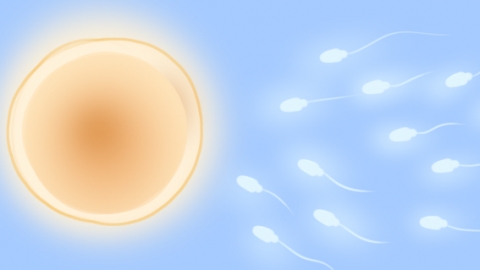How to manage low sperm count
Low sperm count may be caused by factors such as unhealthy lifestyle habits, age, endocrine disorders, epididymitis, chromosomal abnormalities, and others. It can usually be comprehensively treated through lifestyle adjustments, dietary improvements, medication, and surgical treatments. A detailed analysis is as follows:

1. Unhealthy lifestyle habits: Long-term smoking, excessive alcohol consumption, staying up late, lack of exercise, and other unhealthy lifestyle habits can negatively impact bodily functions, such as causing endocrine and metabolic disorders, thereby affecting sperm production and viability. It is recommended to adjust lifestyle habits, quit smoking and alcohol consumption, ensure adequate sleep, avoid prolonged sitting, and increase physical exercise to reduce the harmful effects of substances on the reproductive system.
2. Age: With increasing age, male reproductive system function gradually declines, which may affect sperm count. Although aging is irreversible, adopting a healthy lifestyle—such as balanced nutrition, moderate exercise, and stress reduction—can help delay the decline of reproductive function to some extent.
3. Endocrine disorders: Dysfunction of the hypothalamic-pituitary-gonadal axis can affect the testes' sperm production function. For example, reduced secretion of gonadotropins, insufficient androgen production, or elevated prolactin levels can interfere with normal sperm production, leading to decreased sperm count. Lifestyle adjustments are recommended, and if necessary, medications such as propylthiouracil tablets, methimazole tablets, or propranolol hydrochloride tablets may be used under medical guidance.
4. Epididymitis: Bacteria such as Escherichia coli and Staphylococcus can ascend from the urethra to infect the epididymis, triggering local inflammatory reactions, which may be accompanied by symptoms such as testicular pain, swelling, and fever. It is recommended to use medications such as amoxicillin capsules, cefradine capsules, erythromycin ointment, or mupirocin ointment under a doctor's guidance to control the infection.
5. Chromosomal abnormalities: Chromosomes are carriers of genetic information, and abnormalities in their structure or number can lead to impaired sperm production. This condition is often accompanied by abnormal germ cell development, such as abnormal sperm morphology and reduced motility. Treatment options are limited, and assisted reproductive technologies, such as in vitro fertilization (IVF), may be required to achieve pregnancy.
Regular reproductive health checkups and maintaining a healthy lifestyle are also important in daily life to enhance overall physical health and sperm quality.







